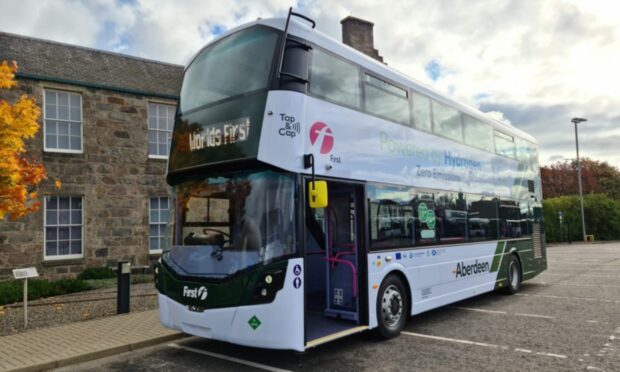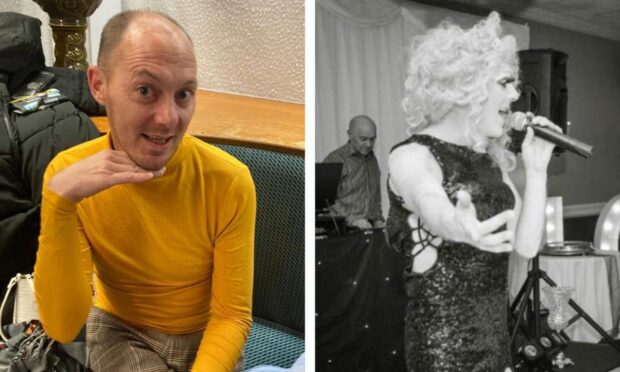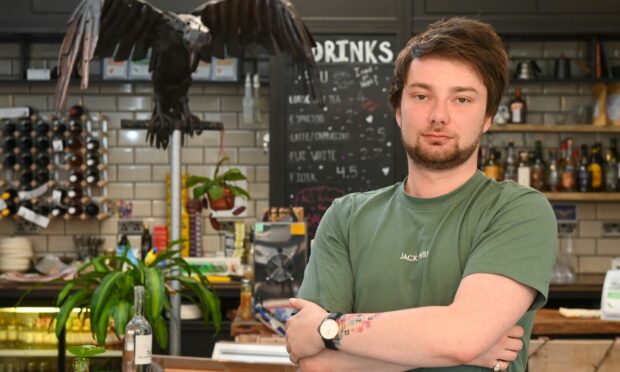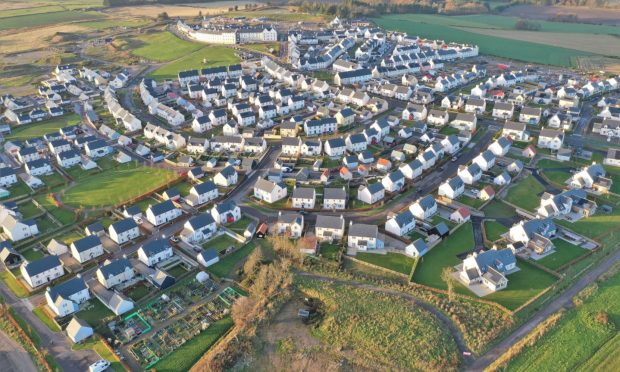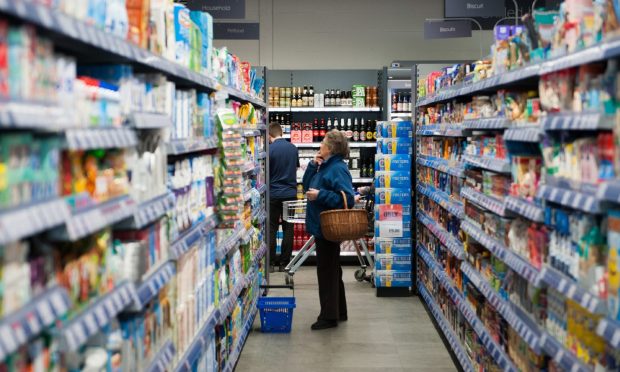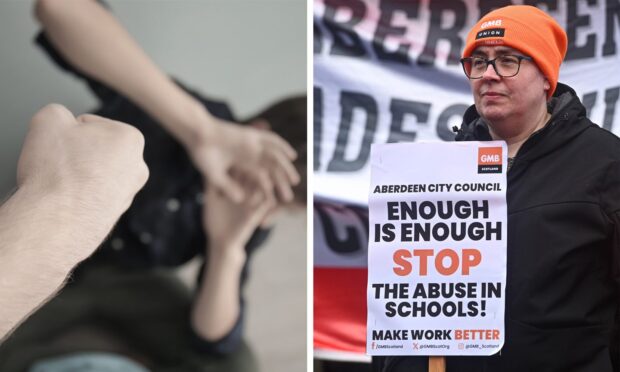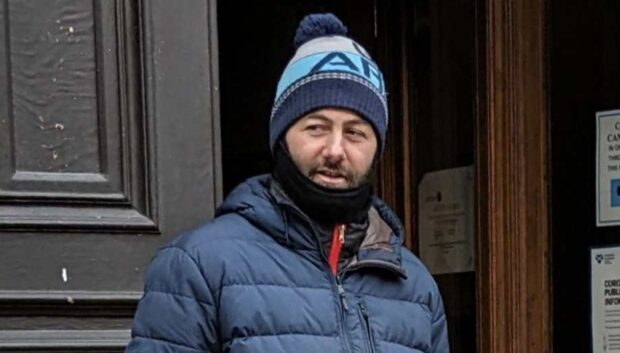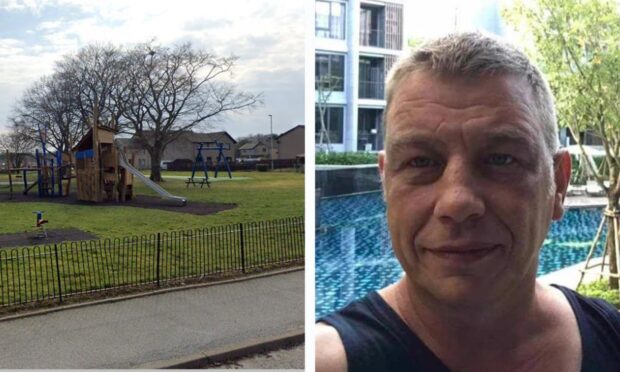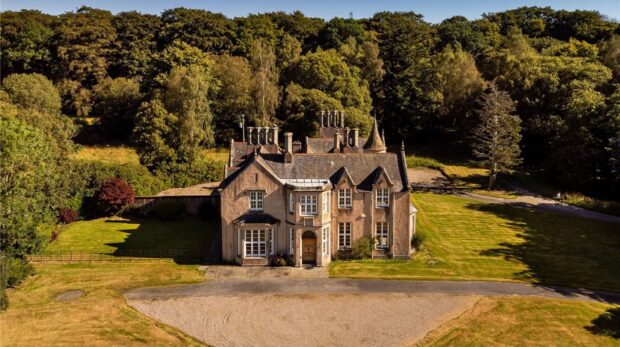The people of Aberdeen, often known as the thriftiest of all Scots, are protecting their purse at all costs – even that of the planet.
A Scotland-wide survey has found people taking the bus are more likely to be concerned with saving money on fuel (28%) rather than reducing their carbon footprint (18%).
The data was commissioned by First Bus as it launches its campaign to encourage Scots to use public transport more.
However, these findings do not mean residents in the north-east lack environmental conscience.
As much as 61% feel guilty for using their car for journeys they could make by bus. One in ten people still do exactly this.
‘Still a way to go’
People in the north-east use their cars more frequently than the national average.
About one quarter of respondents, 24%, did admit that nothing in particular prevents them from using the bus more often, and over two thirds, 69%, acknowledged the benefits of bus travel.
These included not having to find and pay for parking in town along with enjoying the freedom of not having a car in town or city centre.
Managing director of First Bus, Duncan Cameron, said while there is a broad recognition of the positives for travelling by bus: “There is still a way to go to truly shift attitudes and perceptions in the north-east, around this mode of transport.
“We recognise that we have a role to play in this too and the results of this research will help us to identify what further measures we can put in place to assist people in making the transition from private to public transport – and save them money along the way.
“Our modal shift campaign has been created to bring a humorous take on a serious issue and encourage people to actively consider how introducing small changes to the travel choices they make, will go a long way in protecting our environment now and for the future.”
First Bus’s campaign aims to reflect the company’s efforts to provide environmentally conscious, cost-effective travel across Scotland.
Using the campaign, First Bus is looking to encourage car users to tackle common problems with car travel including pollution and excessive expenditure.
